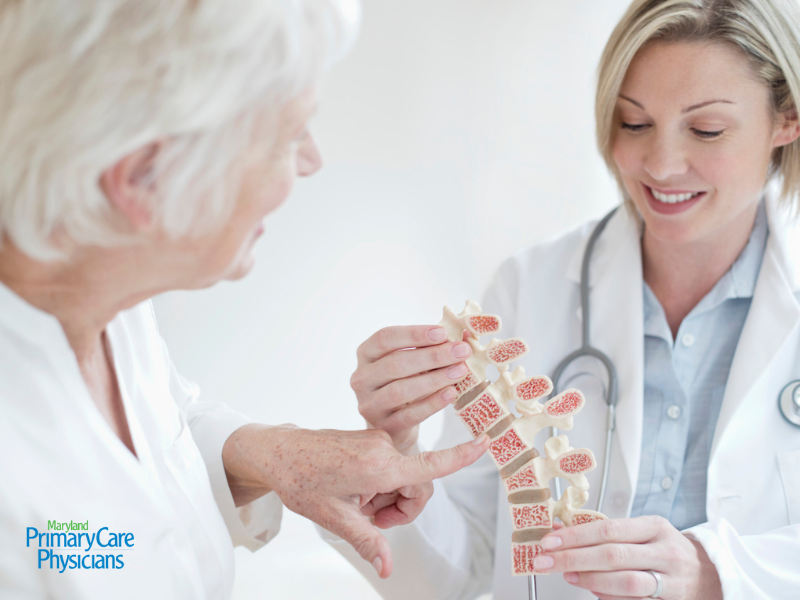Understanding Osteoporosis: How to Keep Your Bones Strong for Life

We often focus on our hearts, weight, or blood pressure when we think about health. But how often do you think about your bones? Strong bones are just as essential to overall health as our weight or activity levels. In fact, bone health is so critical that osteoporosis—often called a “silent disease”—can lead to serious health risks, including fractures that may impact quality of life and even shorten it.
Here’s what you need to know about osteoporosis, why it’s so important to protect your bones early in life, and how to take action if you think you’re at risk.
What Is Osteoporosis, and Why Does It Matter?
Osteoporosis is a condition where bones lose density and strength, becoming more brittle over time. While most common in adults over 50, this deterioration can start much earlier in life due to poor habits or underlying health issues.
Fractures caused by osteoporosis aren’t just inconvenient—they’re serious. Studies show that a broken hip or spine can lead to reduced mobility, a higher risk of other health issues, and even increased mortality, similar to heart attacks or breast cancer. That’s why caring for your bones is just as important as caring for your heart.
Prevention Starts Early: Build Strong Bones Now
Building strong bones starts in childhood and continues into your 20s and 30s when bone density peaks. But it’s never too late to make changes that strengthen your bones and improve your overall health.
Here are a few key habits to adopt:
- Eat for Bone Health: Include calcium-rich foods like dairy, leafy greens, and fortified cereals in your diet. Don’t forget about vitamin D, which helps your body absorb calcium.
- Get Moving: Weight-bearing exercises like walking, jogging, and resistance training can help build and maintain bone density.
- Ditch the Bad Habits: Smoking and excessive alcohol weaken bones over time. Quitting can make a big difference in your bone health.
Research has also shown that healthy habits benefiting your heart—like those outlined in the American Heart Association’s “Life’s Essential 8”—can also protect your bones. That’s because lifestyle factors like eating well and staying active reduce inflammation and promote overall health.
Are You at Risk? Spotting the Signs of Weak Bones
Osteoporosis is often called a “silent disease” because you can’t see or feel your bones weakening. That’s why it’s so important to pay attention to early warning signs:
- Fractures from minor falls or bumps
- A noticeable loss of height over time
- Persistent back pain, which could indicate a spinal fracture
If any of these sound familiar, or if you have a family history of osteoporosis, talk to your doctor. Early detection through a bone density test can help catch the condition before a serious fracture occurs.
Watch: Early detection can make a big difference.
What If You Already Have Osteoporosis?
If you’ve been diagnosed with osteoporosis, know that you’re not alone—and there are effective treatments available. Your doctor may recommend:
- Medications to slow bone loss or build new bone
- A personalized exercise and diet plan
- Strategies to reduce fall risks and protect your bones
Sticking to your treatment plan is essential. Studies show that many people stop taking their medications or don’t follow through with their exercise or diet plans.
Take Control of Your Bone Health Today
Your bones are the foundation of your body—literally. Taking care of them is an investment in your future mobility and independence.
Here’s how you can get started:
- Schedule a checkup with your primary care provider to discuss your risk factors.
- Adopt bone-healthy habits like exercise and a balanced diet.
- Stay informed!





